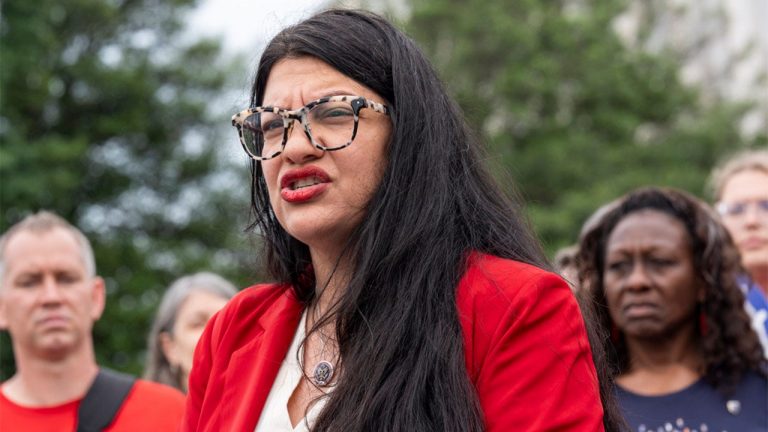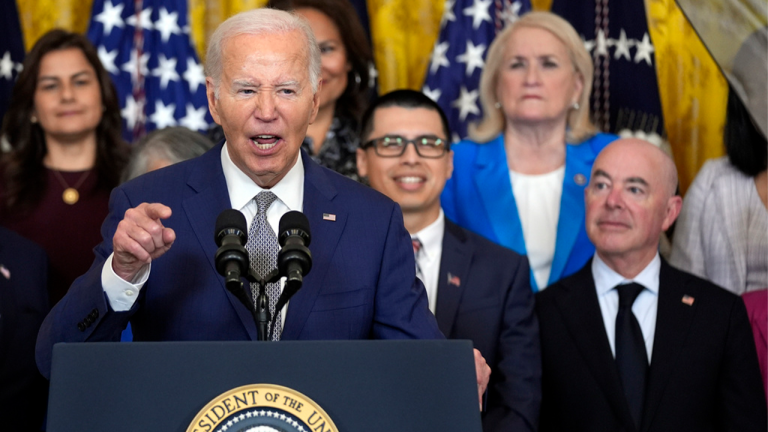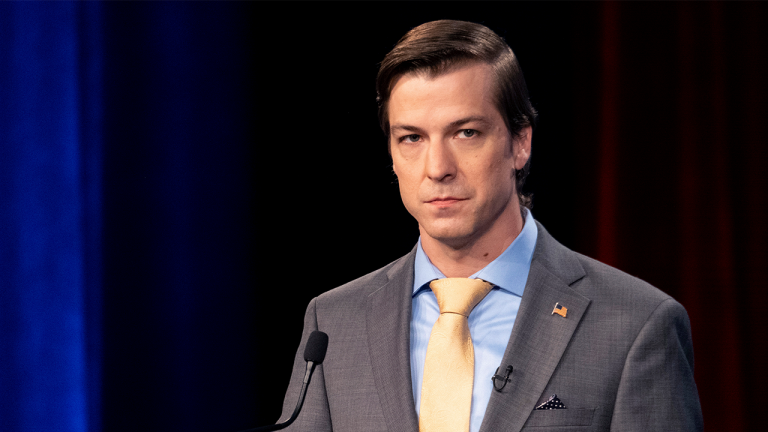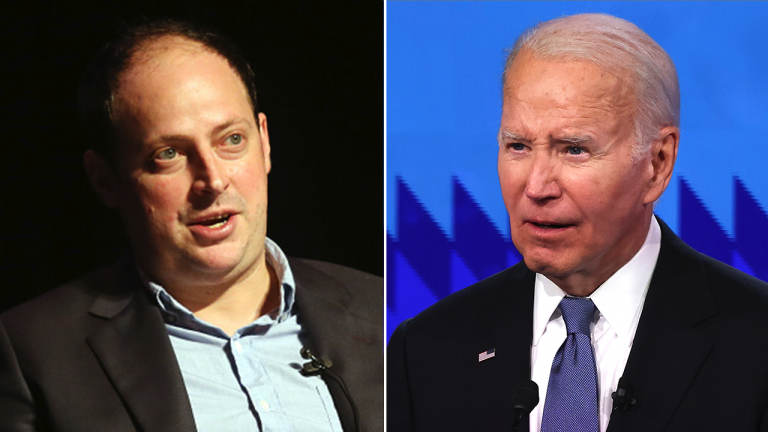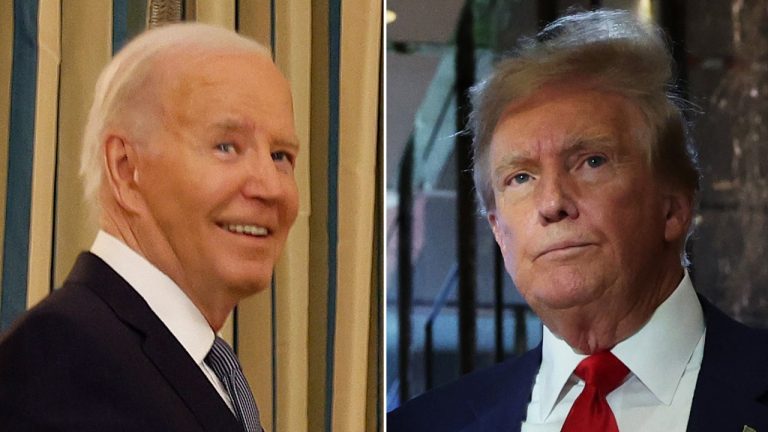Resident upset about $70M funding for migrants in sanctuary city.
A Chicago resident’s resistance to allocating more funds for migrant care in the city has highlighted concerns about the financial stability of Chicago. The city council recently approved an additional $70 million at Mayor Brandon Johnson’s request to address the ongoing migrant crisis. This funding is on top of the $150 million already budgeted for migrant care in Chicago.
The Mayor’s office explained that the additional funding is necessary to prepare for possible surges in new arrivals from Texas, with the goal of providing essential services like food, shelter, medical care, education, vaccines, case management, and resettlement support. Mayor Johnson emphasized the need for these resources as Chicago has been receiving over 2,000 migrants per week, totaling nearly 40,000 arrivals since August 2022.
However, the decision to approve the funding sparked backlash from residents who feel that illegal immigrants are receiving preferential treatment over American citizens in need. Political abolitionist Easley, a radio show host in Chicago, expressed disappointment in the council’s decision but noted a growing number of progressives opposing such allocations, signaling a shift in public opinion.
One of the main concerns raised by critics like Easley is the lack of resources for addressing issues like addiction rehabilitation and transportation for students in Chicago. Easley argued that prioritizing migrant care over essential services for residents raises questions about the city’s priorities and allocation of resources.
She refuted comparisons to historical waves of immigrants entering the U.S. through legal channels like Ellis Island or the Port of New Orleans, emphasizing the importance of proper vetting and security measures for new arrivals. Easley stressed the need for thorough screening and documentation of immigrants to prevent security threats and ensure community safety.
Despite their opposition to the additional funding for migrant care, Easley clarified that their stance is not solely against Mayor Johnson but rather against what they perceive as chaotic and progressive policies that prioritize non-citizens over taxpayers and residents in need.
The debate over allocating funds for migrant care in Chicago reflects broader tensions around immigration, resources, and community needs. As residents like Easley continue to voice their concerns, the city faces challenges in balancing humanitarian aid with local priorities and financial sustainability.
Ultimately, the decision to allocate $70 million towards migrant care in Chicago has sparked controversy and raised questions about the city’s long-term financial health. As residents and lawmakers grapple with competing demands, the future of migrant care funding in the Windy City remains a contentious issue that requires careful consideration and public engagement.




